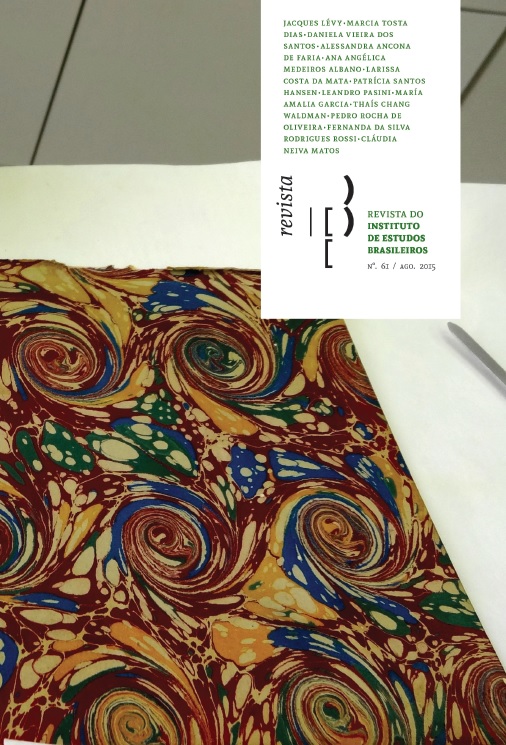Mimicry and metamorphosis
DOI:
https://doi.org/10.11606/issn.2316-901X.v0i61p103-121Keywords:
Flávio de Carvalho, Dance, Mimicry, Primitivism.Abstract
This paper discusses the role of dance on “Cats from Rome / Notes for the Reconstruction of a Lost World” (1957/1958), by Flávio de Carvalho (1899-1973), in the light of Nietzsche’s philosophy and mimecry theory as developed by Roger Caillois (1913-1978) on Myth and Man (1938). For Caillois and Carvalho, mimicry proposes an alternative to mimesis by producing a common instance between art and science and relating elements so distinctive as body and environment. Both in mimetic transformation and in dance, the subject is offered in transit from himself/herself to the other, from his/her body to space. In addition, this reflection suggests an interpretation of “A Lecture on Serpent Ritual” (1923) by Aby Warburg (1866-1929), considering the hypothesis that they all shared a perspective of “primitive” as dance, or an instant likely to emerge soon, as pathos and illness.Downloads
Download data is not yet available.
Downloads
Published
2015-07-22
Issue
Section
Articles
License
- Todo o conteúdo do periódico, exceto onde está identificado, está licenciado sob uma Licença Creative Commons do tipo atribuição CC-BY.
How to Cite
Mata, L. C. da. (2015). Mimicry and metamorphosis. Revista Do Instituto De Estudos Brasileiros, 61, 103-121. https://doi.org/10.11606/issn.2316-901X.v0i61p103-121



